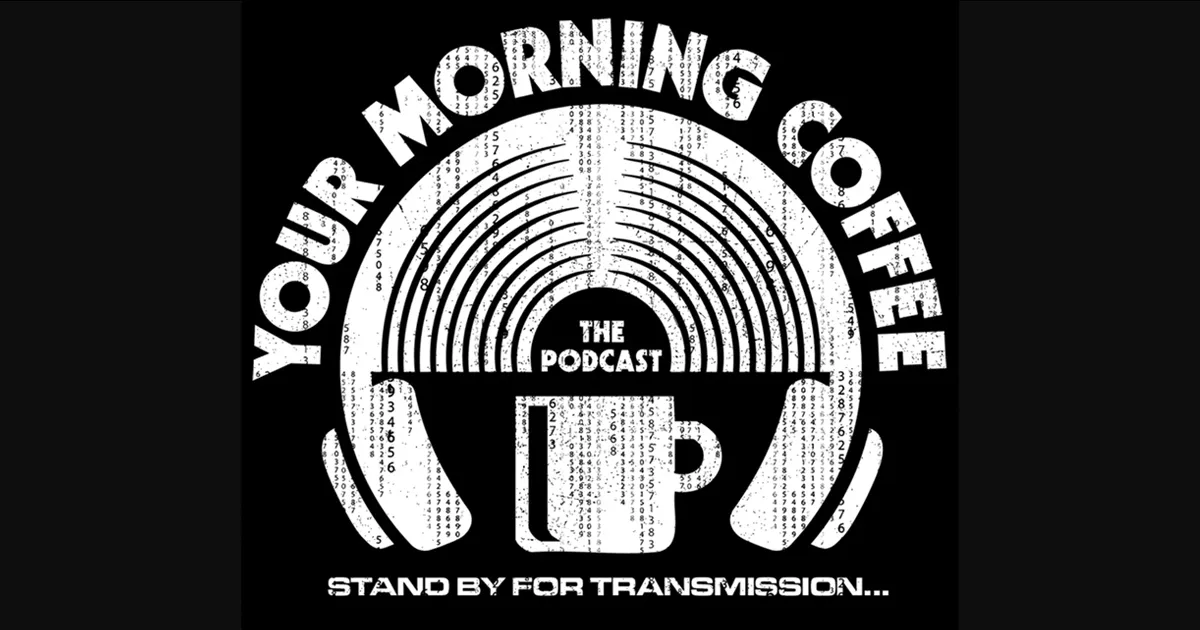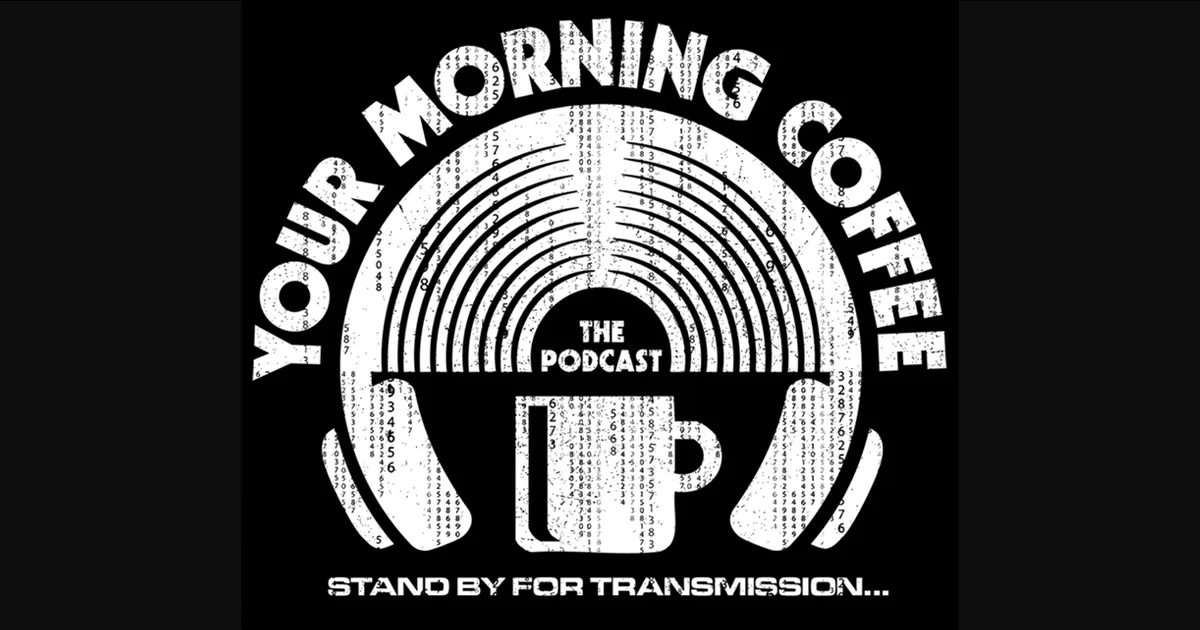 While now infamous internet entrepreneur Kim Dotcom is battling extradition from New Zealand, a separate lawsuit has been filed by the US Government aimed at seizing Kim's assets.
While now infamous internet entrepreneur Kim Dotcom is battling extradition from New Zealand, a separate lawsuit has been filed by the US Government aimed at seizing Kim's assets.
_______________________Guest Post by Mike Masnick on TechDirt.com
Earlier this year, we covered a very troubling situation involving Kim Dotcom and the US government. As you almost certainly already know, Dotcom is fighting extradition from New Zealand to the US to face a bunch of charges concerning criminal copyright infringement. We've written about those charges as well as the extradition fight many times. However, while all of this was going on, the Justice Department filed a separate lawsuit, not against Dotcom himself, but against all of his stuff. We've talked for years about the problems of the "asset forfeiture"program in the US, and Dotcom's case drives all of those points home. And, even if you think that Kim Dotcom is absolutely guilty, a horrible person, responsible for billions of dollars in losses to the film and music industries, you should still be concerned about the asset forfeiture aspects here. Again, this lawsuit is technically entirely separate from the ongoing case against Dotcom himself. Instead, it's USA v. All Assets Listed In Attachment A, And All Interest, Benefits, And Assets Traceable Thereto – which is a catchy name if you're trying to hide what you're really doing, which is stealing all the assets of someone in a foreign country. The Attachment A in the title of that lawsuit is basically a listing of all of Kim Dotcom's assets. In asset forfeiture cases, since the government is technically filing the lawsuit against the stuff, arguing that the stuff itself is guilty, it leaves only limited ability of the original owner of that stuff to try to block the government from taking it all. And, that was made much more difficult by Dotcom (who has never even been to the US) fighting extradition in the (entirely separate) lawsuit against him. The DOJ, somewhat perversely, used the extradition fight to argue that Dotcom is a "fugitive," to basically say that he can't try to block the forfeiture, and the judge agreed. The end result? The court gave the DOJ a huge green light to legally steal millions of dollars worth of assets from Kim Dotcom despite the lack of any court ruling or admission of guilt. That seems like a rather big due process concern. While a New Zealand court has put a temporary stop to the US government taking the New Zealand portion of the assets, back in the US, there is an appeal going on over the initial ruling. As part of that, three organizations that you wouldn't normally think of as associating themselves with the likes of Dotcom, have stepped up to argue that the whole civil asset forfeiture effort against Dotcom's stuff is a complete farce. The Cato Institute, the Institute for Justice and the National Association of Criminal Defense Lawyers have filed an amicus brief in the appeal arguing forcefully about how ridiculous this whole case is (not the case against Dotcom, but the case against all his stuff). As the Cato Institute notes in its blog post about this:The Fifth Amendment’s Due Process Clause requires an opportunity to be heard and an opportunity to defend against government-initiated actions against your property. Unlike an escaped criminal appellant who is scorning the court’s jurisdiction, in civil forfeiture, it’s the government that has dragged Dotcom and the others into court. Moreover, given the amount of abuse in civil-asset forfeiture, the government shouldn’t be allowed both to profit from the forfeiture and suppress defenses by calling residents of other countries “fugitives.” Finally, the reasons for fugitive disentitlement in criminal appeals simply can’t be transferred to civil-asset forfeiture. When an individual is “on the run” from criminal prosecution, courts can’t enforce judgments against them, but a valid forfeiture order would be fully enforceable against Dotcom if the court has jurisdiction over the property. Fugitive disentitlement is also used to deter felons from escaping justice, but there’s no similar concern here, where the property can’t run away and the claimants are merely residing in their home countries. The Fourth Circuit should not only allow the Megaupload defendants to challenge the seizure, it should also consider striking down as unconstitutional all uses of fugitive disentitlement in civil-forfeiture cases. 
Frankly, if Dotcom is eventually found guilty of that which he is charged with (which is a separate issue altogether), then it could be perfectly reasonable to argue for asset forfeiture of the proceeds from such illegal acts. But to argue for civil asset forfeiture entirely separately from that process and to abuse the process by arguing he's a "fugitive" in order to get those assets is particularly ridiculous:Under civil forfeiture laws, the government can take property without an underlying criminal conviction based only on the allegation of a crime. Those whose property has been seized can get it back by proving that their property is “innocent.” The government, however, is preventing the defendants from even making that argument. Using the “fugitive disentitlement” doctrine, the government is blocking the defendants from challenging the forfeiture.
Fugitive disentitlement has historically been applied only to criminals who escaped custody while appealing a conviction, the idea being that a court could decide to dismiss the appeal because any judgment would be unenforceable against an absent defendant. Here, the government has decided that, because the Megaupload defendants aren’t coming to the United States to defend their property, they are “fugitives” who have lost the ability to defend against that seizure — and the district court agreed.
As the filing itself notes:Stripping the claimants of their due process rights isn’t just unconstitutional, it’s dangerous. There’s a growing literature on the abuse of civil forfeiture—and those abuses are directly tied to the protections given to the claimants here, as well as the ability of government officials to directly benefit from forfeitures. This court should not ratify a doctrine that would make abuses even easier.
Moreover, the reasons for invoking the fugitive disentitlement doctrine in criminal appeals are inapplicable to civil forfeiture actions. First, unlike an order against an absent criminal defendant, a valid forfeiture order where the court has rightful jurisdiction will be fully enforceable. Second, the claimants here haven’t scorned the district court’s authority as a fleeing criminal defendant would. Third, by appearing before the court via counsel, the claimants haven’t disrupted the court’s processes or offended its dignity. Finally, unlike with criminal appellants—who may need to be deterred from flight by the threat of disentitlement—the claimants are merely continuing to lawfully reside in their home countries.
Once again, even if you think Dotcom is the root of all evil in the world, even then you should be concerned about this particular aspect of the case(s) against him. It seems telling to me that, in the comment sections on our previous posts, those who have argued that Dotcom is clearly guilty, seem to have no problem with the asset forfeiture. They don't see it as any sort of due process violation because they've already decided he's guilty in their minds, just as the US government has. But that's not how due process works. You're supposed to be found guilty first. If these people are so sure that Dotcom is guilty, why not wait until that's shown in a court of law, rather than having to go through this separate process to take all of his stuff?Related articles
While now infamous internet entrepreneur Kim Dotcom is battling extradition from New Zealand, a separate lawsuit has been filed by the US Government aimed at seizing Kim's assets.








